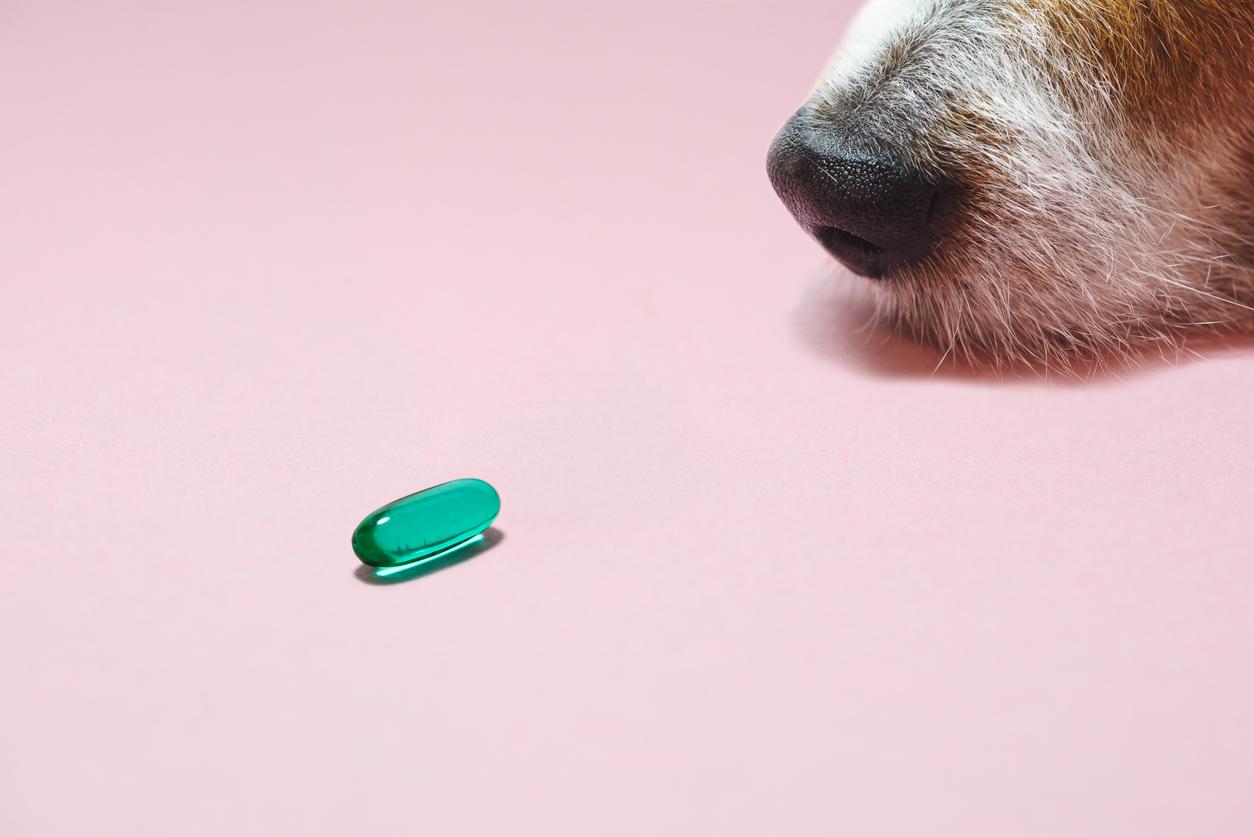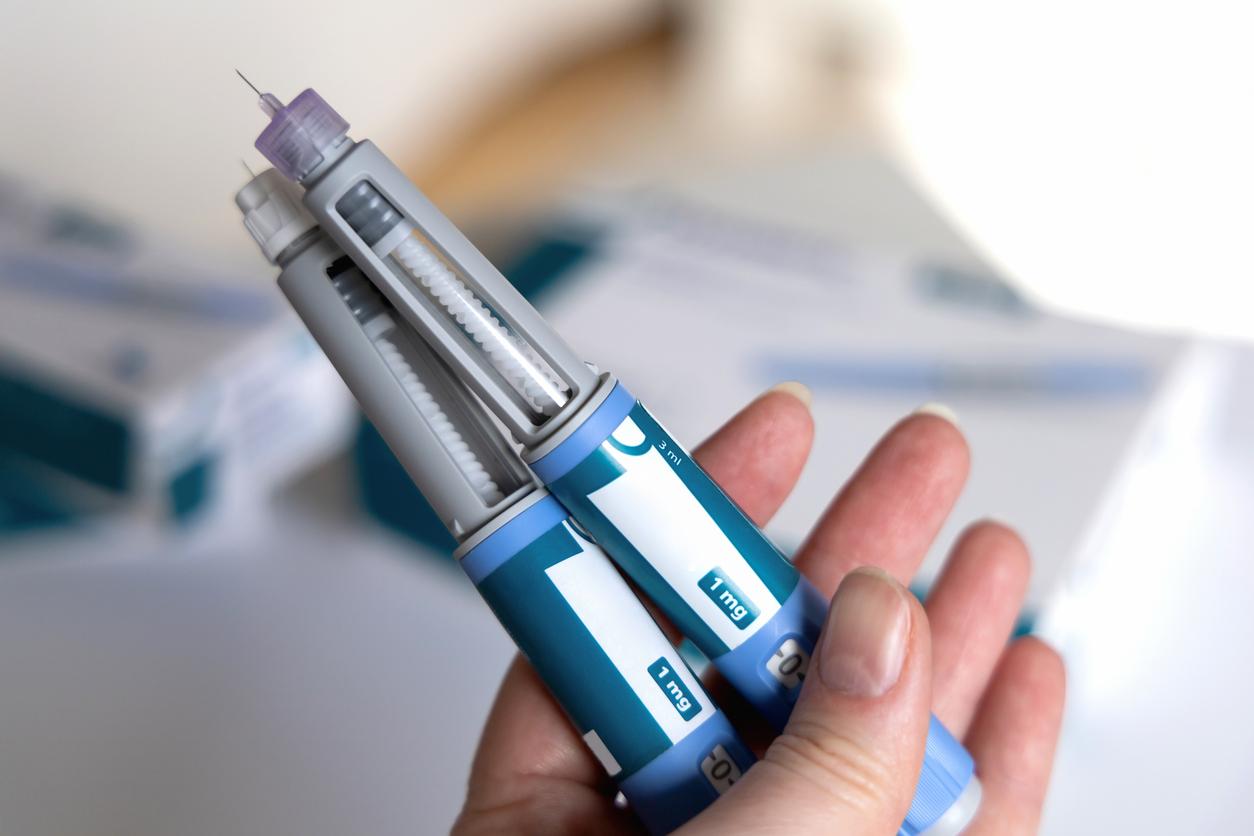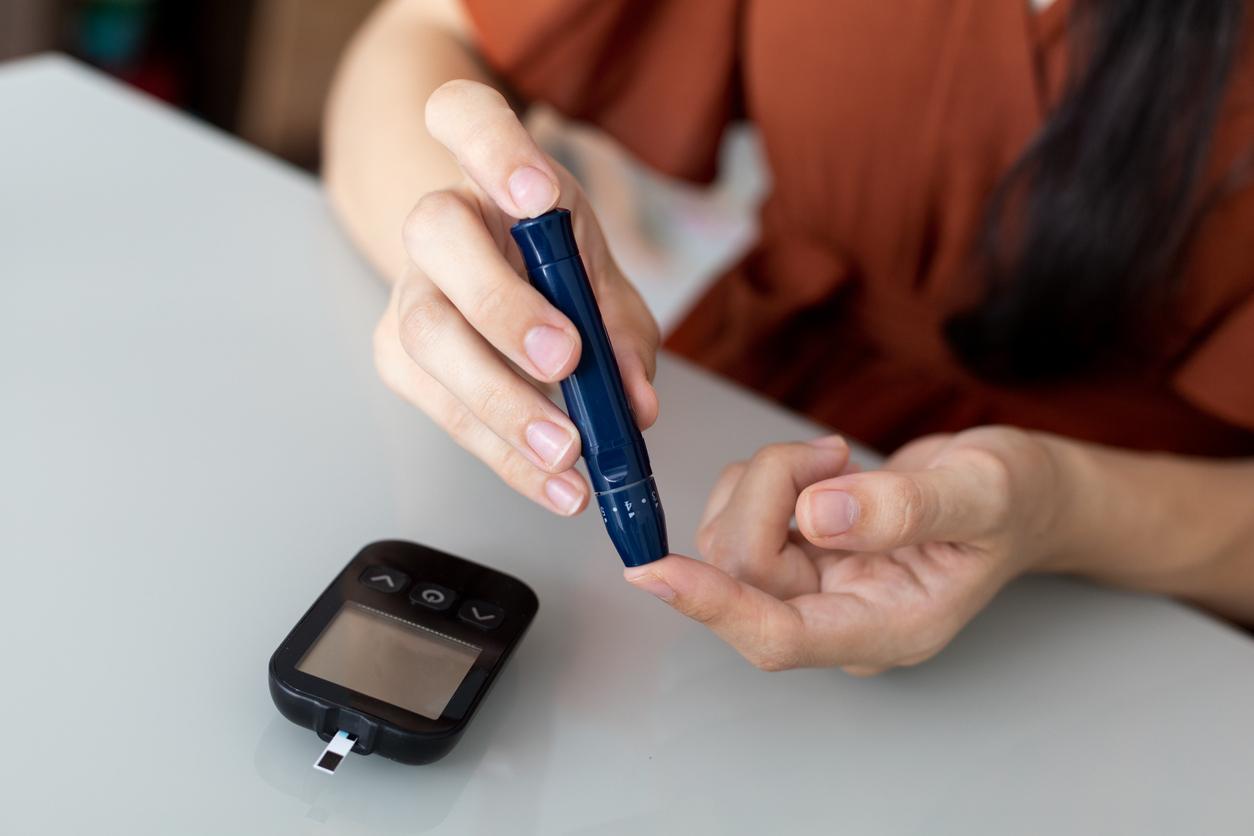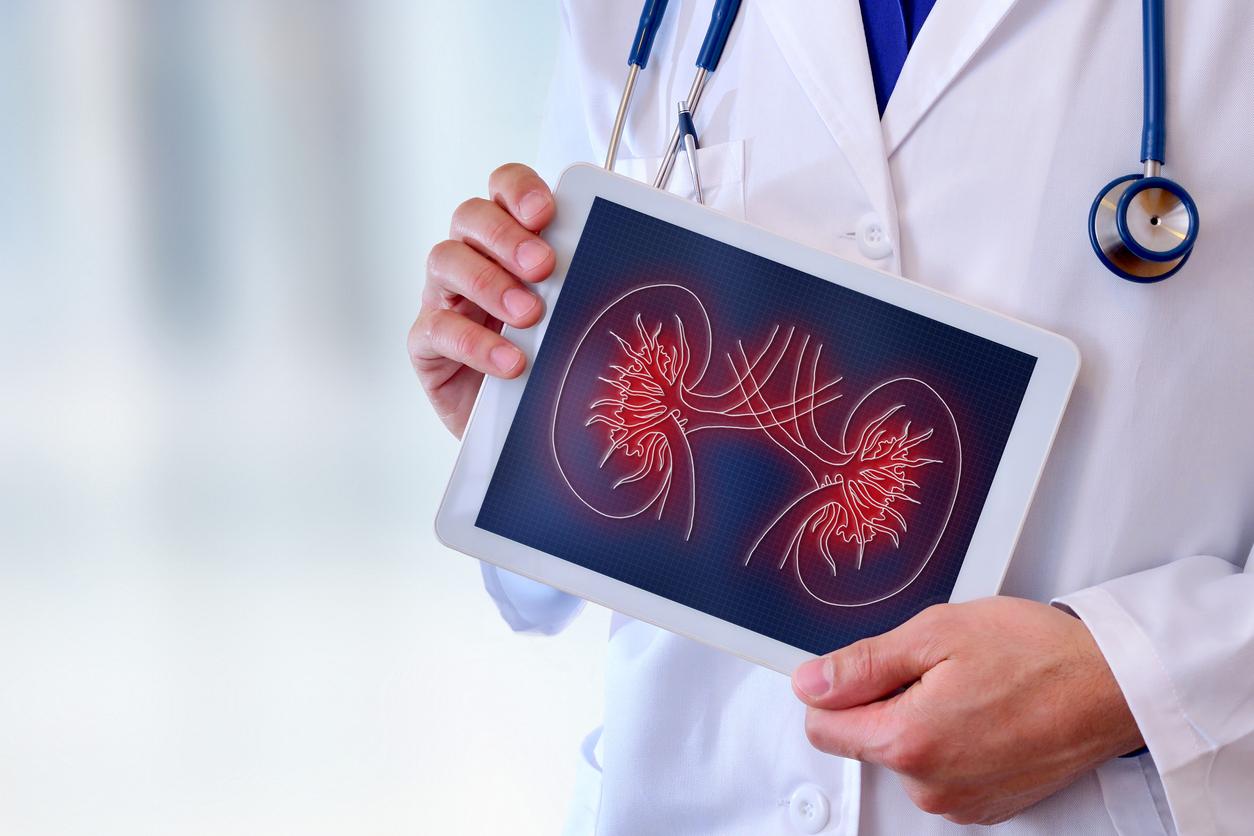Researchers have discovered that a drug called harmine, in pill form, can cure diabetes by increasing the production of certain cells in the pancreas.

- In diabetic patients, beta cells malfunction and no longer produce enough insulin.
- In this new study, scientists managed to replenish the beta cells of diabetic patients using a drug called harmine.
- In combination with another drug from the glucagon-like peptide-1 analog family, beta cell production was even greater.
In 2023, more than 3.8 million people were treated with medication for diabetes, or 5.6% of the French population, according to figures from Public Health France. This chronic disease continues to progress although, for the moment, there is no curative treatment.
A new pill to cure diabetes
But a new study, published in the journal Cell Reports Medicinecould change things. Researchers from Mount Sinai discovered that a drug called harmine, in pill form, could cure diabetes by increasing the production of certain cells in the pancreas.
Diabetes – type 1 or 2 – is characterized by a high level of glucose in the blood, which is due to a lack of insulin, a hormone that helps regulate this level. In diabetic patients, certain cells in the pancreas – beta cells – malfunction and no longer produce enough insulin.
In this new study, scientists managed to replenish these beta cells. To do this, they identified a drug called harmine, as being capable of stimulating the regeneration of these beta cells.
Harmine transforms cells to produce insulin
Already in July 2024, researchers showed that harmine alone increased the mass of beta cells by 300%. Administered in parallel with another medicine from the glucagon-like peptide-1 analogue family, such as the Ozempic taken by diabetic patients, this increase was 700%.
But where do these beta cells come from? Scientists discovered that alpha cells, another type of pancreatic cell, could transform into insulin-producing beta cells using this drug.
“This is an exciting discovery, says Dr Esra Karakose, one of the authors, in a press release. This would mean that people with all forms of diabetes have a large potential ‘reservoir’ of future beta cells, just waiting to be activated by drugs like harmine.”
For now, the researchers are only at the beginning of their research. These results will need to be confirmed before harmine is delivered, in pill form, to people with diabetes.

















